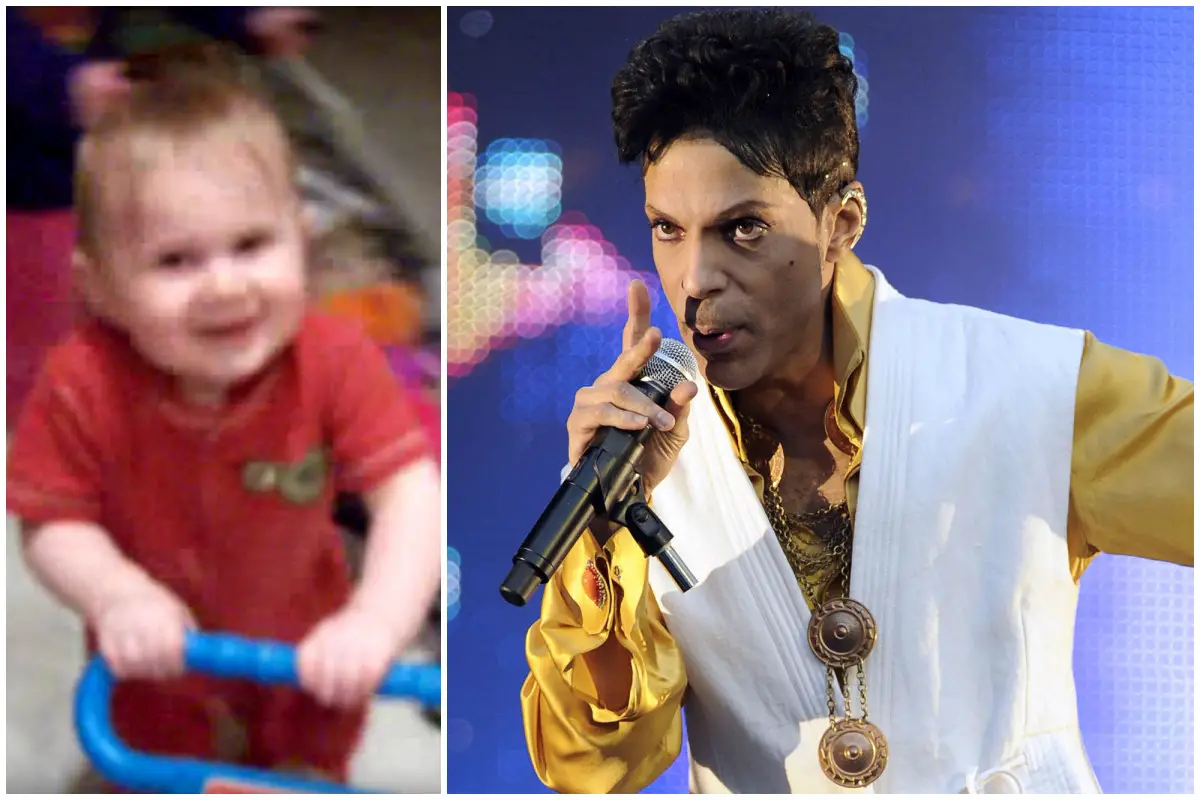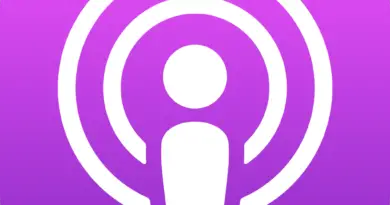Spotify Might Be Near Settlement in Publishing Royalties Lawsuit
Sounds like there’s movement in the Spotify lawsuit over unpaid publishing royalties.
Digital Music News reported Tuesday night that the streaming company could pay out somewhere in the neighbourhood of $30 million, but that might only cover part of the damages. This announcement comes a day after the same site reported about a $5 million one-time penalty to the National Music Publisher’s Association (NMPA) as part of a “structured agreement that would also involve the construction of a working copyright matching interface and claims system for songwriters and publishers.”
NMPA Chief Executive David Israelite confirmed to Digital Music News that negotiations were taking place and being given “urgent consideration,” but no dollar amounts were discussed. Not only is the $30 million only a partial settlement payout, there are other discussions and negotiations under way, between the NMPA, Spotify and other streaming services, all regarding publishing royalties.
While this is an evolving situation, Digital Music News notes that whatever amount Spotify pays, it’s likely to be a big chunk less than what the streaming service owes, which is closer to $150-$200 million as part of an ongoing class action suit.
That suit, by the way, could be incredibly ugly, not to mention really weird. Not only is Spotify being sued, the person who initiated the suit, David Lowery, might be considering adding claims against Tidal, XBox Music, Groove Music, Google Play Music, Rhapsody, Slacker and possibly other streaming or on-demand services. And each one could be facing claims of $150 million in damages, Digital Music News has reported. Another musician, John Emanuel of The American Dollar, already was successful in suing and reaching a settlement with Microsoft.
“Common to all of these cases is a specific, overlooked publishing license: the mechanical,” the website explains. “The antiquated license originally covered ‘mechanical’ reproductions of song compositions onto fixed formats like CDs, LPs, and prior to that, early reproductions like player piano rolls. These days, the license has been wedged into the ‘reproduction’ of files created by a music streaming service, a stretch re-definition that is already raising accusations of ‘copyright trolling’ in DMN comment threads.”
There’s going to be plenty more on this case as it develops — stay tuned.



